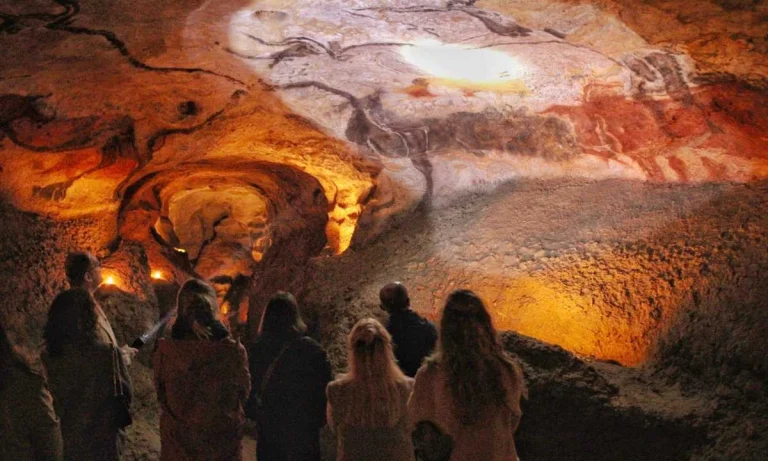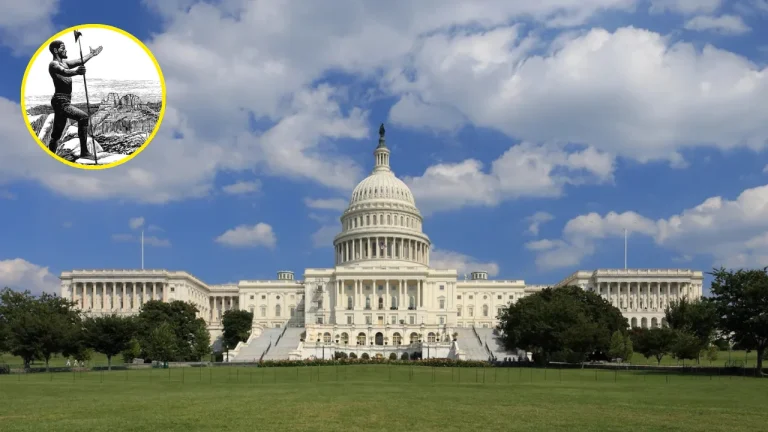New Zealand, long known for its iconic sheep filled pastures, is witnessing a historic shift. New data released Tuesday by Stats NZ reveals that the national sheep population has fallen to 23.6 million just 4.5 sheep per person the lowest ratio since modern records began.
Fact.. there are more sheep in New Zealand than people! pic.twitter.com/wDR3imbFdc
— Earth 🌍 (@earthescope) February 11, 2018
That’s a dramatic decline from 1982, when sheep outnumbered people 22 to 1 with over 70 million sheep nationwide. At the time, sheep farming was the country’s top economic driver. Today, however, declining wool prices and the rise of synthetic fibers have forced many farmers to pivot. Dairy has now overtaken sheep farming as New Zealand’s leading agricultural export.
Toby Williams of Federated Farmers says the wool sector is nearing collapse, with many farmers converting their land to pine forestry for carbon offset revenue or transitioning to dairy. “If I’m really honest, the wool industry is almost at that tipping point if not already there of not having a wool industry anymore,” he said.
To slow the trend, the government introduced new policies in 2024 that limit farmland conversion to carbon forests and encourage the use of local wool in public building materials. Still, officials admit these measures are unlikely to reverse the declining sheep numbers.
Interestingly, neighboring Australia faces a similar trajectory, with about three sheep per person and a shrinking flock despite the country’s long-standing sheep-farming culture.











